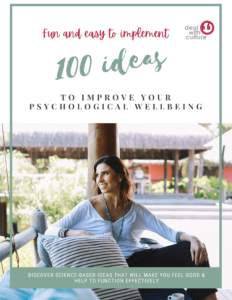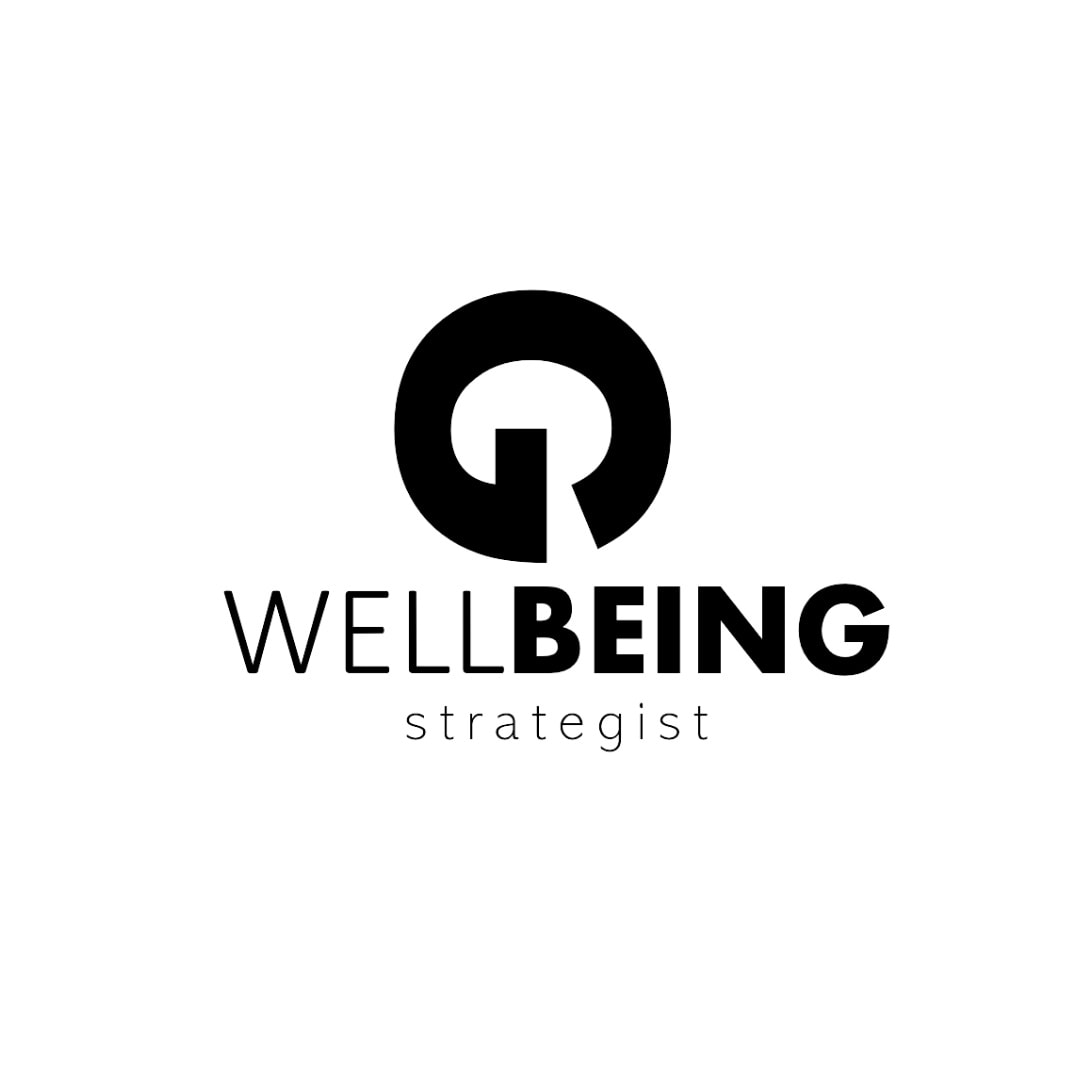How to improve your wellbeing?
- grow your awareness of the dark side of technology
- realise how internet devices impact our mental and physical health
- yoga practice is effective way of handling stress and anxiety
- experience sound therapy, which reduces tension, pain and fights depression
- try “sirin yoku”, a japanese forest medicine
- try home-based digital detox
There are not one, but two widespread dangers that have beset our lives today. The Covid-19 pandemic and the malady of digital or internet addiction. Of late, some people have spent weeks and months enclosed in their rooms and apartments, with nothing but glaring screens to receive information, work and communicate. Digital technologies have solved many problems, but have created a huge monster to fight with as well – digital stress.
Many people today are addicted to the online world, especially young adults. From messaging and gaming to shopping, watching videos, and more… they literally live in a digital world. Gone are those precious moments spent soaking the sun, strolling in the garden, or playing with kids. This lack of intimate social relations is one of the hallmarks of internet addiction. There are more.
Being overwhelmed is just an everyday thing for the executives, the doers and decision-makers and other professionals carrying out demanding tasks. Some typical signs of being overwhelmed include always being in a hurry, not being able to plan for and have a vacation, wanting to take a short break and relax, but not knowing how.
A recent documentary, ‘Screened Out’ reveals the pitfalls of being stuck inside a screen, not just for hours, but weeks and months. The documentary explores how the internet 2.0 today is designed to keep everyone hooked into an endless loop, with social media, smartphones, and tablets doing their bit. A continuous, immersive experience that refuses to let go of its addicts.
It’s a fundamental change in the way humans connect, communicate, and interact. And the downside is what is now designated as internet addiction. Through feeds, clicking of buttons, more content, new things to explore, learn… people are simply overwhelmed with information and things to do.
Digital channels aren’t just there to be merely watched. They make us do things – like click and scroll, like, and share information. Accompanying these actions is the release of a little pleasure. Adam Alter has described the chemical and brain-related effects of overuse of the internet in his recent book, ‘Irresistible’. Calling it the ‘business of keeping us hooked’, Alter, who is a professor at New York University’s Stern School of Business, says that it is really an addiction, and the use of online platforms active the same brain paths as addictive substances.
Research is fast catching up with the effects of digital technologies on people’s physical and mental health. A recent article in the Turkish Medical Studies Journal (2018) reveals that increasing the use of the internet was found to result in several physical health issues. The article points to the possibility of serious and permanent damage to physical health, especially in the younger generation.
How does internet addiction impact our health?
Of equal concern are the social and professional impacts of internet addiction. Due to isolation and poor management, individuals may have impaired relationships, finances, academics, and work-life balance. Merely using the internet for long hours does not qualify as addiction. The diagnosis is made when this begins to interfere with personal life. The sub-categories of internet addiction include those related to gaming, social networking, emails, blogging, shopping, and pornography.
How to look after our digital wellbeing?
Internet devices are engines of addiction. Becoming aware of digital addictions is the first good step. Keeping away from gadgets one can do without is another. Steve Jobs is known to have kept the iPad out of his children’s reach. The user can take control of their behavior and set limits. They can also take external social help, from one’s family or spouse, to remind them of excess use.
You may also like: 9 warning signs of internet addiction.
Now let’s take a few deep breaths of yoga and zen! Yoga practice has been studied for its possible remedial effects on addiction. A paper in the journal, Procedia – Social and Behavioral Sciences, studied yoga exercises and found significant effects on levels of depression and anxiety. The authors postulate that yoga may have positive effects on various body parts like the nervous and respiratory system and have beneficial effects on hormones.
Your ways of achieving better wellbeing
There are many great ways to relax – and some of them may astonish you with their simplicity and effectiveness.
Sound therapy, using gongs, Tibetan singing bowls or Himalayan crystal bowls, has proven to reduce feelings of tension, anxiety, and depression, and increase spiritual well-being.
According to a study published in the Journal of Evidence-based Integrative Medicine, people in the age group of 40 to 59 years old appeared to especially benefit from sound meditation. This age group demonstrated the largest reduction in physical pain and a strong reduction in tension, especially for those who were previously naïve to this type of therapy.
Sirin Yoku– Japanese “forest medicine”.
Another unique helpful method can be shirin yoku- japanese art of forest bathing.
The research results show that forest environments promote lower concentrations of cortisol, lower pulse rate, lower blood pressure, greater parasympathetic nerve activity, and lower sympathetic nerve activity than do city environments.
In 1982, the Japanese government introduced the concept of shinrin yoku, or “forest bathing,” urging citizens to make use of the country’s 3,000 wooded miles for therapy.

Nature is the great healer of mankind, and for internet addiction we can depend on nature again to bring us back in touch with the ordinary world.
At the Agile Spirit Retreat, such experiences take the center-stage. Disconnecting from the digital world is accompanied by a refreshing touch with nature, right from day one. Getting up to a gentle Atlantic breeze, stretching on a yoga mat and then a delicious Portuguese breakfast is just the start of the day. The afternoons are spent in meditation and nature walks, a gong sound bath experience, and social interactions and workshops.
But there is really no need for a holiday or spa! The same relaxation can be experienced at home too. The 4‑day Wellbeing Program– Radiant Mood& Relaxed Body prepares the body, mind and soul for a journey to radiance, balance and peace. Members get daily briefs and tips for practices and tested solutions. These are science based tools, and aim at bringing harmony between the mind and the body.

The home-based digital detox is meant for the professionals in the busy lane, those who are open-minded decision-makers, and action-takers. In just four days, this home digital detox program will set the practitioners on a new journey to self-discovery and freedom from being overwhelmed and the proliferation of digital addictions.
Take the home-based digital detox RADIANT MOOD& RELAXED BODY in 4 days without a holiday or a spa here: https://wellbeingstrategist.com/shop/radiant-mood-relaxed-body/
Go for the larger digital detox retreat in Portugal.

Book free discovery call & let’s chat!
If you prefer to write, here is my e‑mail: kr@dealwithculture.com
References:
- Internet Addiction Disorder: https://www.psycom.net/iadcriteria.html
- Screened Out: https://www.screenedoutfilm.com
- How to kick a mindless scrolling habit: https://forge.medium.com/how-to-kick-a-mindless-scrolling-habit-55b330137887
- Mindless Scrolling: https://www.psychologytoday.com/us/blog/highly-functioning-is-highly-dangerous/202009/my-name-is-dana-and-im-addicted-mindless
- Internet Addiction Impact on health: https://www.researchgate.net/publication/328608702_INTERNET_ADDICTION_AND_ITS_IMPACT_ON_PHYSICAL_HEALTH
- Impact of yoga on addicts: https://www.researchgate.net/publication/271562161_The_Study_of_the_Effects_of_Yoga_Exercises_on_Addicts’_Depression_and_Anxiety_in_Rehabilitation_Period








